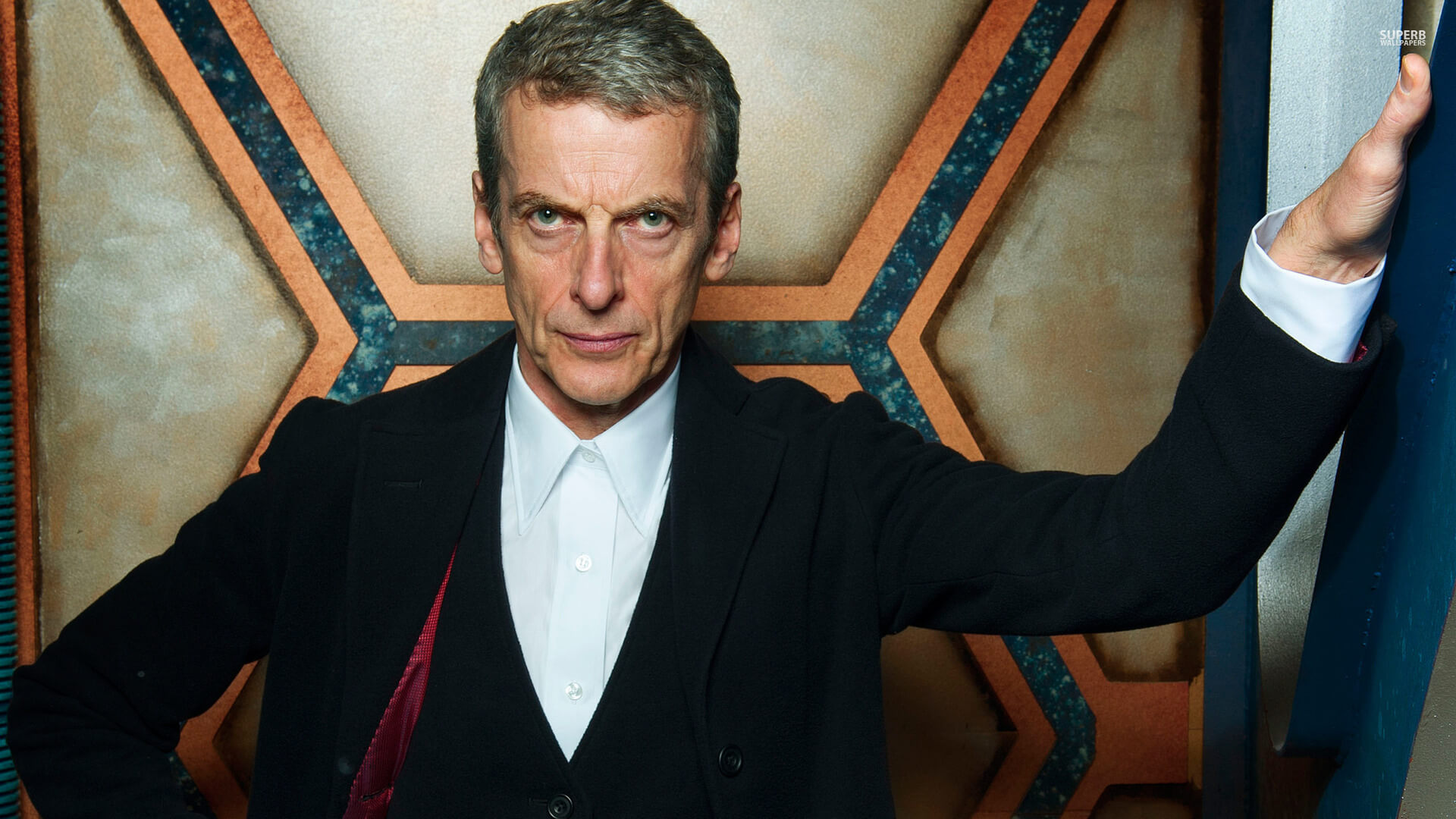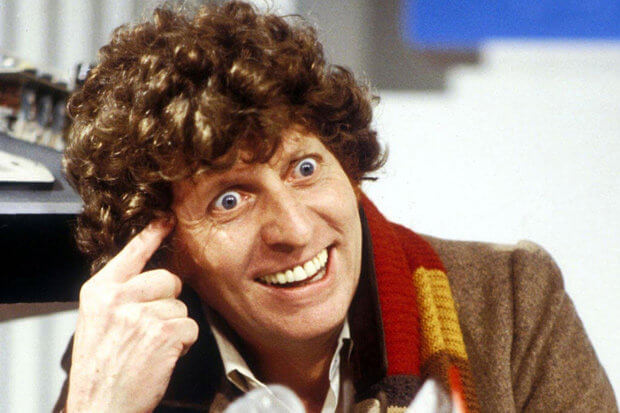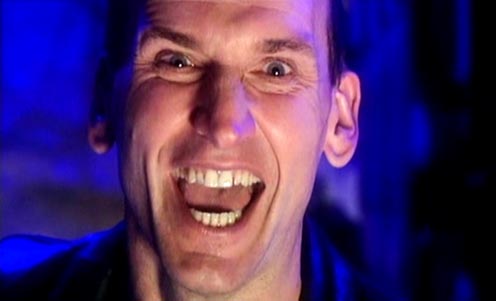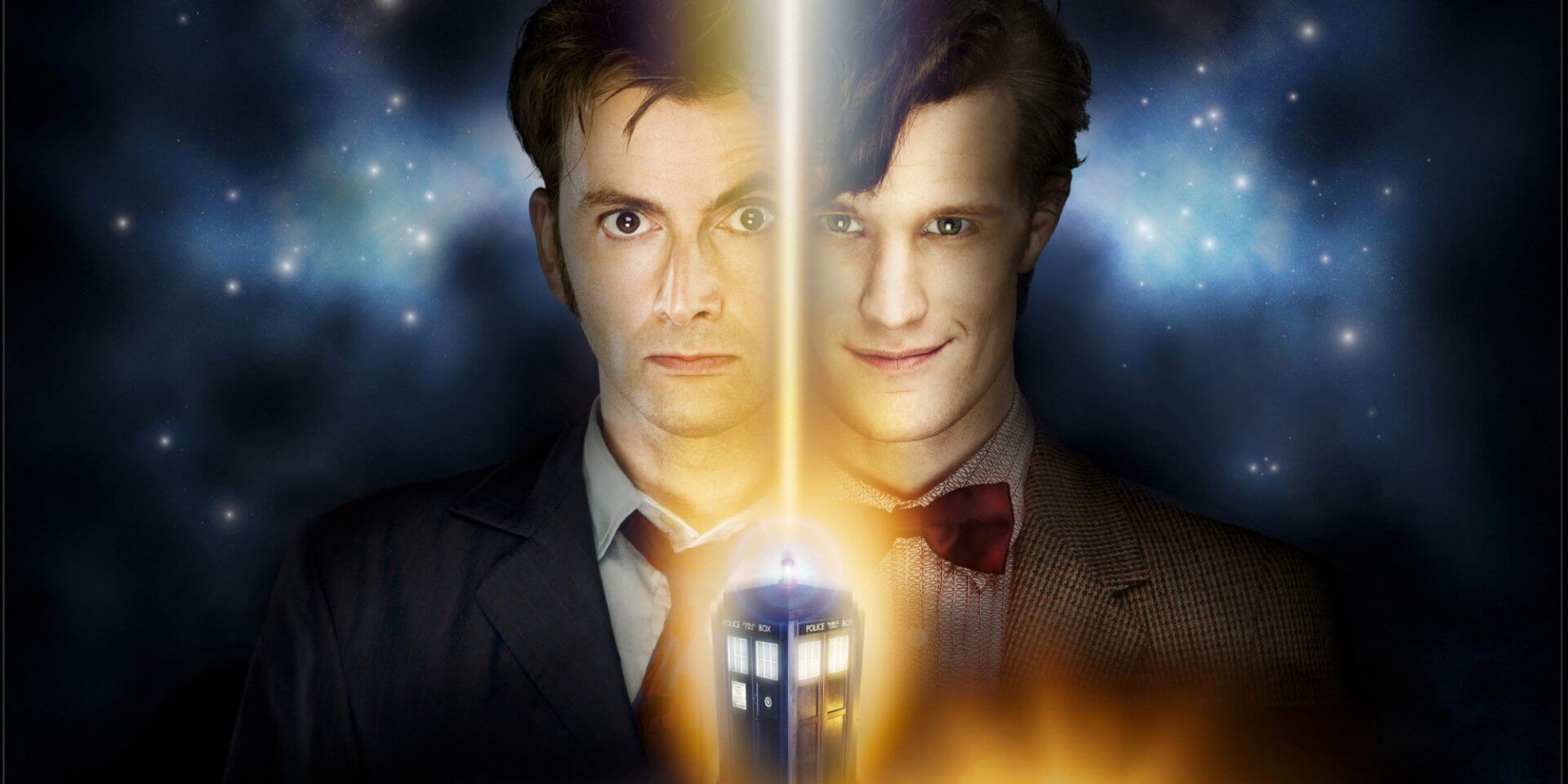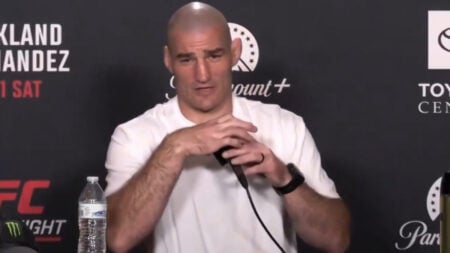For those of you who don’t know (and if you clicked on this article, you damn well do), Doctor Who is a long-running BBC show about a time-traveling, two-hearted alien, his human friends, his sentient(ish) phone booth/spaceship/time machine, and a screwdriver. Are you caught up? Good. Because now we are going to talk about how that show proves each and every one of us is immortal. But first, we need to do a quick primer on a thought experiment called “The Ship of Theseus.”
The Ship of Theseus is a famous thought experiment you probably discussed if you took an introductory level philosophy class. Basically, the idea is that you have a ship. I always picture an old Greek trireme because, you know, “Theseus.” That ship lasts for hundreds of years, but during its travels, each and every bit of the ship–every oar, every stitch of cloth, every plank, every fastener, every crew member–has been replaced. The question is: is it still the same ship? Of course, this being philosophy, there is not correct answer. The argument could be made either way.
I seem to remember (I took Intro to Philosophy roughly ten years ago) someone bringing up the fact that, legally, the answer is very simple: of course its the same ship. You wouldn’t have to re-register it as a new entity. As long as it has the same name, it’s the same ship.
Whovians can already see where I’m going with this. But stick with me, because it’s even weirder than you think.
One of the unique things about Doctor Who that has kept it on the air so long is the fact that, every time The Doctor is mortally wounded, he regenerates into an entirely new person with a new personality. Practically speaking, this is a mechanism for the TV show to be able to replace actors at will. However, it raises some really interesting questions about individual continuity. Especially since there’s not really much question whether The Doctor is the same person. Each time he regenerates, that question comes up (usually from his companion who is hung up on whether he’s still the same person they grew to love), but then is usually solved within the span of an episode or two. But why is this so easy to accept?
The conclusion I landed on is that there is some continuity of memory. The Doctor seems to retain the memories of his old self (although they do fade over time) from one persona to the next. This is also true of why we consider ourselves the same person in real life from one day to the next even though our cells are constantly being regenerated (although that’s not true of neurons). In fact, “you” are actually a collection of not just your “own” cells but millions of “alien” microorganisms that help with digestion, live on your skin, etc. (you could not function without these, and they eat you when you die). In our minds, we tie all of this together with a sense of Self and Continuity; we remember what came yesterday and the day before. Otherwise, going to sleep at night would be an existential nightmare.
However, The Doctor contradicts his own continuity in Season 8, Episode 2 “Deep Breath” in which he faces an ancient cyborg (that runs on Victorian era technology and wears human faces). In the final showdown with this foe, The Doctor poses a similar, more simple thought experiment to the Ship of Theseus. In his version, the cyborg is a broom that has had its handle and bristles replaced. According to The Doctor, that means the cyborg is not the same being and should therefore terminate itself. There is one brief look–that Peter Capaldi acted the living shit out of–where The Doctor may realize that this applies to him as well, but otherwise it’s not at all acknowledged again. So what separates The Doctor from the machine?
For one, The Doctor has his companions, whereas the cyborg was one single hive mind. Every time The Doctor regenerates, there is some sort of continuity of companions (with one notable exception that helps prove my point, but we will get to that in a minute). Even if they didn’t physically witness the transformation, they are there to confirm that The Doctor is the same being before and after the transformation. Aside from that he’s also the protagonist, so… magic?
Incidentally, James Bond also seems to be able to do this. Is 007 a Time Lord or is this some power that all British people have that I didn’t know about?

The one exception I mentioned above is the War “Doctor.” I put “Doctor” in quotes because there is a lot of discussion on whether he should be considered a Doctor at all. In fact, in his episode, he admits himself that he doesn’t deserve the title. So, although the later incarnations of The Doctor clearly have at least some memory of “being” John Hurt’s character (his guilt over the events of the war is a huge part of The Doctor’s character), they do not consider him to be the same being as themselves. Although the fact that the later incarnations of The Doctor feel guilt over the War Doctor’s actions indicates that they do, in fact, feel that they were the same person. There is endless debate on this issue among Whovians, but what’s important for our purposes here is simply to show that there is a rift.
So why do I bring up the companions? And how does this prove that we–and not just this one fictional character–are immortal?
First of all–as the saying goes–no man is an island. Everyone in the history of humanity who has lived past infancy has existed in the sphere of other people to some extent. We all have “companions.” Our actions–however small–have effected the world as a whole in one way or another. There are always people to witness our own regenerations and transformations.
Additionally, genetic memory is not just a plot device for Assassin’s Creed. Real scientists have shown that traumatic events actually change the wiring of our DNA. This is why fear of heights and darkness and spiders are things that are almost universal. It’s also a good explanation for why way more people are afraid to stand on a 40-foot ladder than are afraid to fly in an airplane. Our caveman ancestors would die falling out of a tree, but we have no ancestral frame of reference for looking out at the world from 30,000 feet. This means that we do have memories that are carried on from generation to generation.
And that’s just genetically speaking. Back in the 1980s, Richard Dawkins proposed the idea of the “meme,” which is basically an idea that takes hold and gets passed along from generation to generation and takes on a life of it’s own. Much like the microorganisms in our gut, these memes become an integral part of us while also evolving as not a part of us.
Finally, there is the idea awesomely put forward by Cracked writer Michael Swaim that: “At some point half of you was an egg in your Mothers womb. That egg existed in her body from the day she was born. And a long, long time ago, she too was an egg in her Mothers womb, who had that egg ready for use from the moment she squirmed out of your Great Grandmas nethers. The point being, technically speaking, there’s no break in the chain of existence, no time when you are not a life form of at least the most rudimentary sort. Your family, at least on your Mothers side, could theoretically be considered an immortal, constantly-regenerating organism.”
So, much like The Doctor–who we widely agree is the same being throughout his different incarnations–your cells replace themselves, your ideas propagate throughout generations, your memories are encoded within your DNA from ancient times, you have others to bear witness to your continuity, and you’ve technically existed on some level since life on Earth began.
You, my friend, are immortal. Just like The Doctor.
How does it feel?

